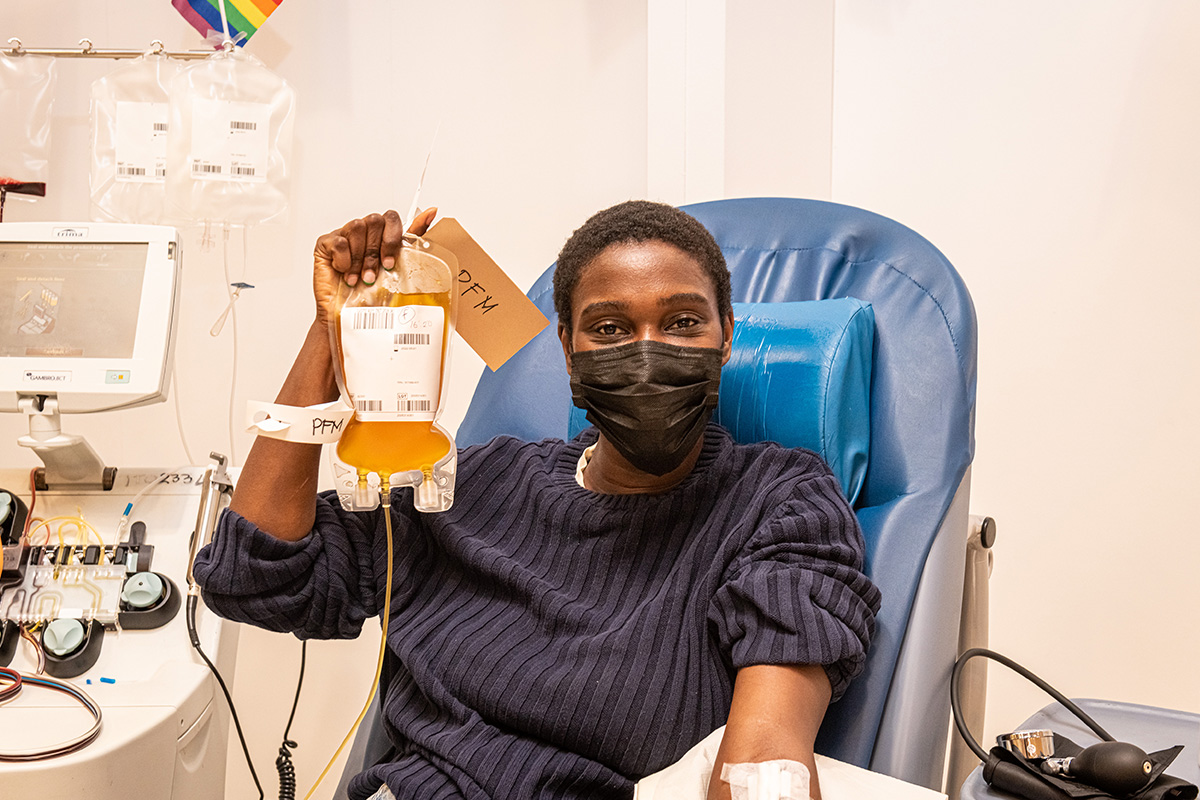
Plasma donation is when a person donates the liquid part of their blood, known as plasma, to a blood bank. Plasma is a vital component of many common medical treatments, such as clotting factors for people with hemophilia and immune globulins for people with immune deficiencies. Plasma donation is a safe and essential way to help ensure that these treatments are available to those who need them.
Eligibility Requirements
To donate plasma, potential donors must meet specific plasma donation eligibility requirements to ensure the safety of the recipient and the donor. These requirements can vary from one blood bank to the next, but generally speaking, donors must be between 18 and 69 years of age, weigh at least 110 pounds, and be in good health. The minimum weight check ensures the donor remains healthy after the plasma donation. The requirements for good health are to protect the donor and the recipient of the donated blood.
Proof of Residency
Potential donors must also provide proof of identity and proof of residency. It ensures that the donor is who they say they are and can donate blood in their state or country. Additionally, it helps reduce the possible transfer of unknown diseases due to blood transfusion. Donors must also provide a complete medical history, including recent illnesses or medications. It ensures that the donor is healthy enough to donate and that their plasma will be safe for the recipient.
Screening Process
To ensure the recipient’s safety, donors must also undergo a screening process before they are allowed to donate. The process typically includes a physical exam, a review of the donor’s medical history, and a series of tests to ensure that the donor has no infectious diseases. Potential donors may also be asked to answer questions about their lifestyle and sexual history.
Lifestyle Check
One of the plasma donation eligibility requirements is a check on one’s lifestyle. In addition to the medical requirements, potential donors must also meet specific lifestyle requirements. For example, potential donors must not have used intravenous drugs in the past three years, must not have been exposed to certain diseases, and must not have been in prison in the past. Potential donors must also avoid engaging in risky behaviors like unprotected sex and excessive drinking. Finally, potential donors may be disqualified from donating if they have recently traveled to certain countries or regions with high rates of infectious diseases. It ensures that the donor does not bring any of these diseases back with them, making it a critical part of the plasma donation eligibility requirements.
In summary, potential donors must meet various eligibility requirements to donate plasma. These include providing proof of identity and residency, providing a complete medical history, undergoing a screening process, and meeting specific lifestyle requirements. Potential donors may also be disqualified if they have recently traveled to certain countries or regions with high rates of infectious diseases. These requirements are in place to ensure the safety of both the donor and the recipient.

